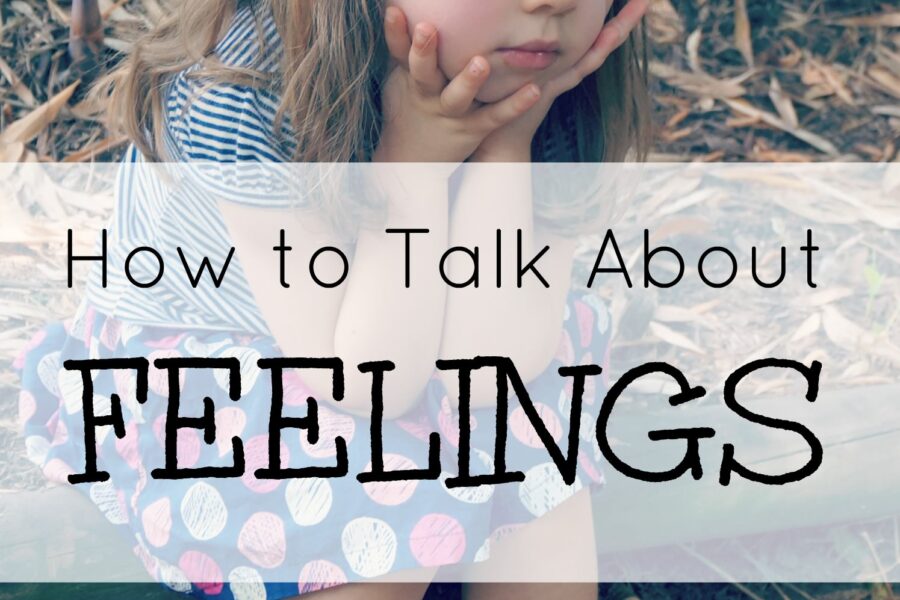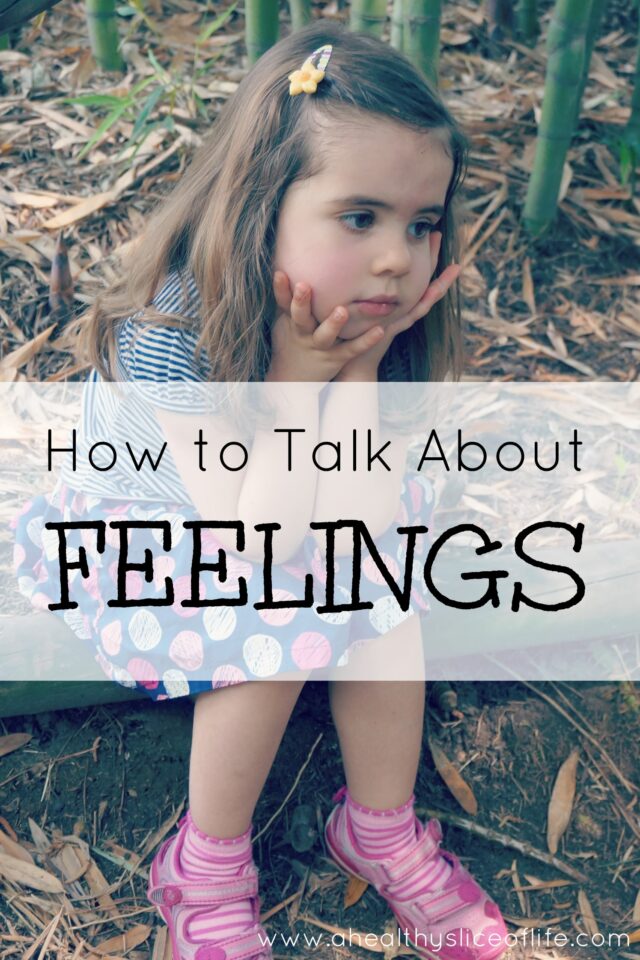I like to chat about parenting. Obviously. I am immersed in it for the majority of my day (and still occasionally at 2am… zzz). Sometimes I shy away from blogging about it because I don’t want discussion to be confused with lecturing. Now that I have two children, each with their own distinct personality and triggers, I know what works for one child doesn’t necessarily mean it will work for another. Keeping that disclaimer in mind, I’d like to talk about parenting within the framework of what has worked (or not) with my experience in the spirit of sharing and learning for all. After all, I got the idea for those brilliant TV tokens from you!
So let’s talk tantrums. Though Hailey (now 3 and a half) has certainly thrown a whopper here or there, she has been pretty easygoing over all. Still between two and three years old (typical from what I hear), her frustration with being heard and understood became more evident. This isn’t surprising because, after all, don’t we all seek the same thing? A while back I observed her main frustration- having BIG feelings inside but lacking the tools to communicate them, thus leading to growing discontent. Since then I’ve put a lot of purposeful effort into helping her learn to identify her feelings and how to handle them appropriately.
I’ve done this in three ways.
1. I talk about my feelings all the time. ALL the time. So much so that I’ve found it a difficult habit to break. I will be hanging out with just adult friends and realize I am dictating every minuscule emotion which can make me feel embarrassed or ashamed when they point out my habit and laugh (see what I did there?).
But truly, I talk through my feelings, both positive and negative, all day long.
2. I help Hailey to name her feelings whenever I see them. This can either be really fun (I see you are excited and happy because you are jumping up and down clapping your hands!) or tedious (I see that you are frustrated because your seat belt is twisted and won’t buckle) or sometimes just difficult to talk through the tougher feelings (I see you are upset that Kaitlyn took your doll and you are sad because you were trying to put her down for a pretend nap). Though this can feel silly at first, once she has a word to put with her bubbling emotion and knows that I acknowledge it, you can see a release in her. The anger or frustration often turns to tears and a hug. She just wants to be understood.
3. I try to explain that all feelings are ok, but all actions are not. This is a slightly more advanced concept, so it’s a work in progress. I want her to understand that we are responsible for how we act, despite what we feel. I do my best to demonstrate this, especially when I’ve made a mistake. I was angry at the bad driver but I should not have yelled. Then I try and model the correct behavior the next time. I also use this technique when discussing her reactions to situations. I understand you were angry that I said no, but it is not ok to throw toys because it could hurt your sister or break something.
Since her ability to communicate her emotions has progressed, meltdowns have become fewer and further between. They pop up occasionally (usually tied closely with tiredness), but oftentimes a few deep breaths and a private talk off to the side can help. Sometimes a few minutes simmering down in her room before we talk is needed, but we always go back to identify our feelings.
If you aren’t from a feeling-focused family like I was raised in, this surely sounds super cheesy, but cheesy or not, it has really made a difference and my heart swells with pride whenever I hear her do it on her own and identify her feelings or another’s feelings.
Mommy I am fur-us-ter-ated that you won’t read me one more book. We’re still working on pronunciation.
Mommy you are smiling because I make you happy, right?
Mommy, I am so, SO excited that we are going to Nora and Gracie’s house!
…always to be followed by…
Mommy, I am sad that we have to leave Nora and Gracie’s house. Gracie is sad I am leaving too.
Whenever I find a parenting tactic that works (goodness knows I’ve tried plenty that haven’t), I give myself a mental fist bump and celebrate my victory because I tomorrow will bring a new day and another parenting challenge, but that’s part of the fun after all, right?
What techniques do you use to combat tantrums?
What habits have you found to make the biggest difference in your child’s behavior?
Any good tips to share?



Christy says
I am going to try this! My hyper-emotional 3 year old has LOTS of feelings. She also tends to hold everything in until BAM, the damn bursts and it’s meltdown city. Somewhere down the line she felt the need to internalize everything. Perhaps this was something I inadvertently taught her, or maybe it’s just the way she’s wired. My almost 2 year old wears her emotions on her sleeve. Funny to see how each child really is different. Thanks for sharing! Would love more posts like this. My biggest parenting struggle right now is socializing. We live in Chicago where we literally hibernate all winter. Besides daily morning preschool (montessori) we don’t have many opportunities for free play/playdates with other kids. We’re paying the price big time this summer. My daughter gets her feelings hurt constantly by other kids over little things, and then has a hard time transitioning when the playdate is over. Thanks again for sharing your experience!
Brittany Dixon says
Great topic suggestion! Not because I’m a social expert but because H has her own socialization quirks too. I think it’s just an age and developmental thing as they learn to interact with peers. Hope the weather is finally warming up for you- getting through a snowy, cold winter with little ones can’t be easy! 😉
Erin @ Her Heartland Soul says
Tucking this away for when I need it in a few years! I come from a very feeling focused family too, so this is perfect for me!
Katie @ Mom to Mom Nutrition says
Living with all men, the feelings talk is hard to come by! But as the emotional woman of my house I’m constantly trying to talk about feelings with my 2 year old [and will be with my baby once he understands I’m not just his food supply lol]. Loved your tips! Pinning this so I can reference when we get in the thick of tantrum time!
Joanna @Makingmine says
This sounds exactly like what we were taught in my early childhood education classes – giving children a positive way to express themselves is so important. Whatever they are feeling is valid, and we need to acknowledge it. So glad it’s working for you! My 2 year old is just entering the tantrum stage, so I’m hoping we can follow the same path!
Brittany Dixon says
Ah that makes me so happy that you were actually taught this in a class! I need to go back and take some of those classes 😉 They’d be so helpful for raising kids!
brittany @ Delights and Delectables says
filing this away for later… now to fix the 16- almost 17 month tantrums…. woof.
Kristin says
YES! How on Earth do we tackle the 16/17/18 month old tantrums?! Everyone warned me that things are rough at ages 2-3, so I thought I had some time before the tantrums began but nooooo. How do you teach a little person about feelings when they really don’t have the mental capacity to understand these things yet?
Brittany Dixon says
I think that is the toughest age because they can understand SO much but can’t necessarily communicate it back. I do think explaining things in the most simple terms possible can help, but mainly just to establish the habit for as they get older and understand more. Other than that, it’s just a challenging communication phase from what I remember. I’ll be hitting it in a few months myself .. ah! Good luck!!
Paulina says
I use this technique too! I learned about it from my daughters daycare teachers. They talk a lot about their feelings and I would overhear them at morning drop-offs. I also read the book “The Happiest Toddler on the Block” which explains in more detail why giving a name to the feelings is important for toddlers and preschoolers. We’re still working on the second part, about how actions are not ok.
Parita @ myinnershakti says
I love these tips and think that adults can benefit from these as well! I come from a feelings based family but we didn’t talk through our feelings as they came up. It was a conversation for a later time. I like your idea of acknowledging right away though. If it’s hard for us adults to express and put words to our emotions, I can’t imagine how hard it is for a 3 year old.
Katie says
“All feelings are ok but all actions are not”. I LOVE this!! Way to go Brittany, keep up the great mama work!
Heather says
I love this post. I think I’m going to steal the TV tokens idea. Also, we are currently going through the tantrum phase and I know it’s b/c Elizabeth doesn’t have the vocabulary to explain what she is feeling. I am definitely going to start talking about my feelings more and describe the feelings she is having too and see if it helps! Thanks for the idea!
Brittany Dixon says
The TV tokens are still one of my favorite things ever. She totally understands the concept of delayed gratification now and usually used on in the morning and saves the other one for later. I love it!
Natalie says
Good tips! My son recently turned 2 and I need to try talking about feelings more for sure. I got Happiest Toddler on the Block but still need to read it. Yesterday I asked “are you upset?”, then he screamed at me… I guess that will take some work, haha.
Brittany Dixon says
Haha! Being screamed at is just lovely, isn’t it?! 😉 I guess you could take that as a yes!
Heather says
Great post! We’ve been trying to talk more about feelings and naming them with our highly sensitive preschooler. He can throw some serious tantrums and it’s hard to watch him struggling with his emotions, which can be very intense and lead to screaming and throwing things while we try to stay calm and keep him calm. I think we do need to be more conscious of showing him that different emotions are okay and that sometimes we get mad and sad and that there is nothing wrong with that, we just can’t throw things or hit people when we feel these things. 😉
amanda says
Thank you so much for this post. I seriously just printed this so I can give it to my husband to read. We are going through the same “phase” with frustration with our 3 year old. I think this technique makes the most sense and will also validate the way she is feeling.
And just love your blog. Thank you for always being so honest about everything!
Brittany Dixon says
Thanks so much Amanda! I hope it helps. Every child is so different and age 3 seems to have its own special brand of struggles. You aren’t alone!
Heather@hungryforbalance says
This post could not have come at a better time! My daughter is 18 months, and we are just starting to enter “the tantrum” phase. I can see that she is frustrated the most when she is unable to communicate with us- something that she wants (or doesn’t want) and we don’t understand. We are trying to talk through situations, but it can be challenging. She is only speaking in one to two word “sentences” right now, but hopefully things will get better when she is a little more verbal.
Lindsay says
Great tips, we are also in that emotionally charged time with our 3 1/2 year old boy. It feels like he is grumpy All ThE Time! Very difficult on us as parents, nothing ever seems to make him happy. As an adult it can be so frustrating that your child is losing his mind because his banana broke. We also try to help him identify his emotions, but your post today Really helped me because I find that I am helping him see all his negative emotions (grumpy, sad, frustrated, angry, etc) but not pointing out the positive ones too (joyful, happy, funny, sweet etc). Thank Brittany. Great post, and perfect timing for us 🙂
Linda says
Loved this post as I have a 2 and a 4 year old. I feel like I try to do this, but really made a point to discuss feelings yesterday and I felt great having my kids look at me and say yes that they were feeling mad, sad, frustrated, etc. and why. I also shared how I was feeling and what I would do to calm down, etc. GREAT POST!!!!
fiftarina says
This is a great tips. I’m from a family which does not talk too much about feeling. I’m learning to express my feeling more nowadays, and hopefully I can teach this to my children
Ashley says
Thanks for the great tips! We were literally just talking about this issue at 2.5 tonight. We talk about and help identify feelings a lot – but I think the 3rd step of talking ab the actions (how they relate to the feeling) would be a huge help!